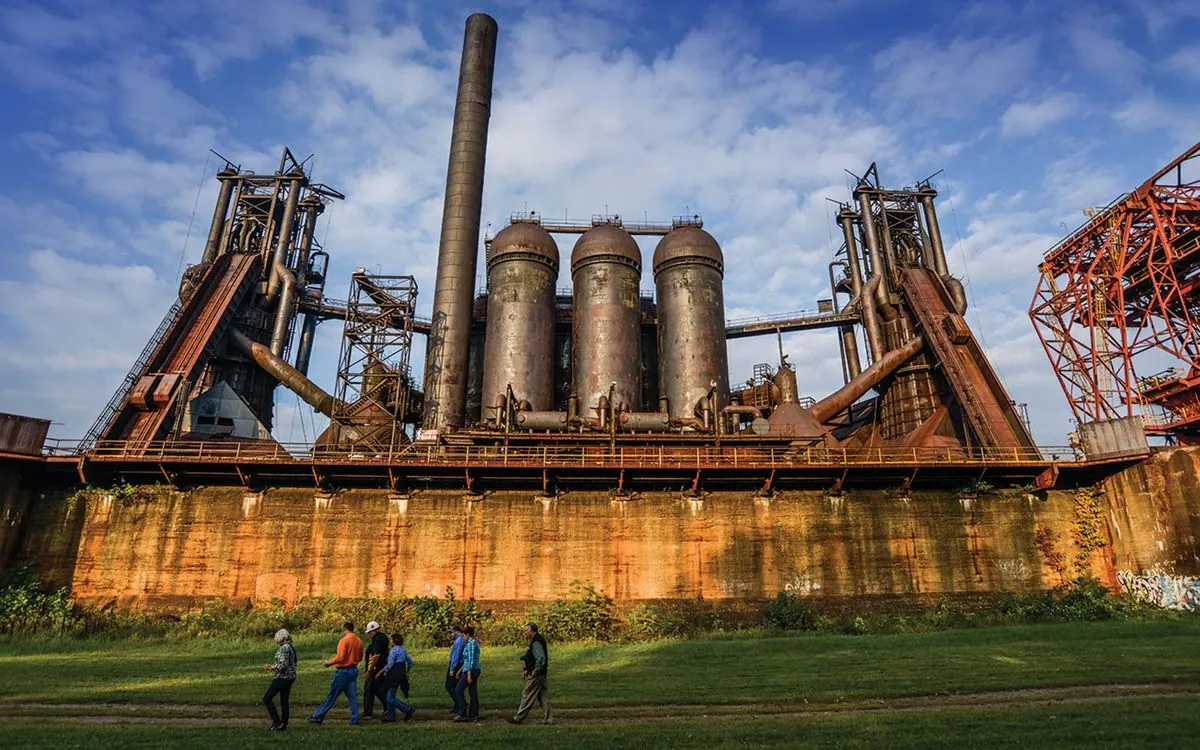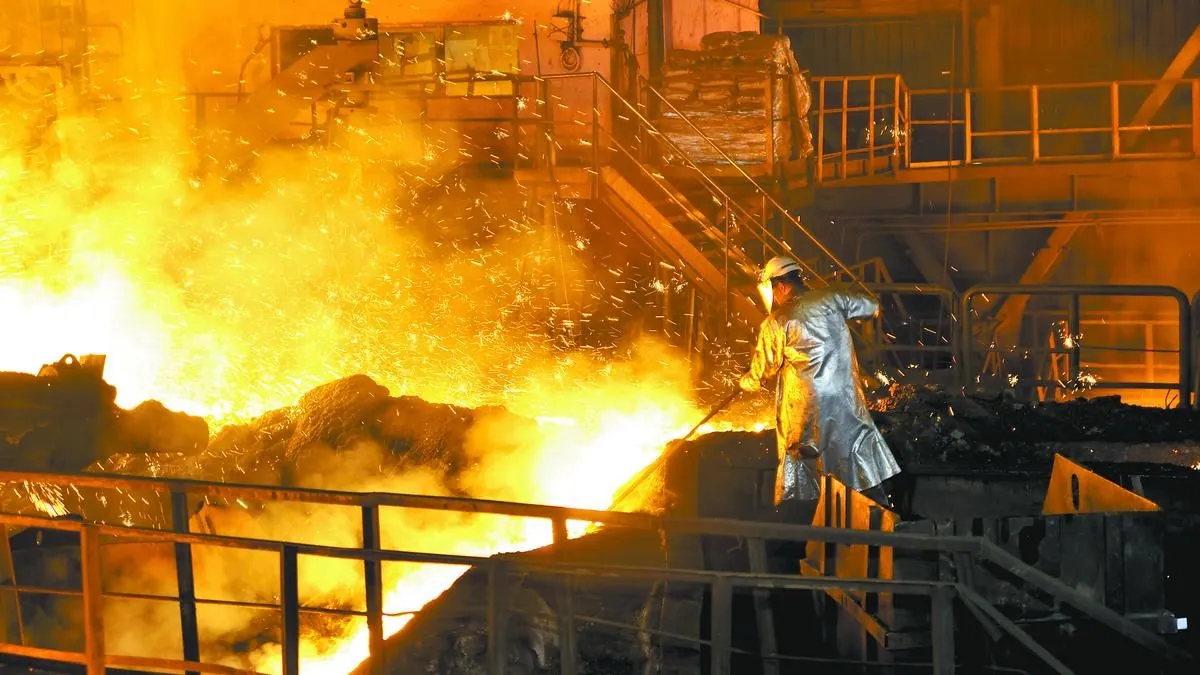U.S. Steel's $14.9B Sale to Nippon Faces Union and Political Hurdles
U.S. Steel's proposed $14.9 billion acquisition by Nippon Steel faces strong opposition from unions and politicians. The deal's fate, entangled with election-year politics, awaits a crucial national security review.

U.S. Steel, once a symbol of American industrial might, finds itself at a crossroads as it grapples with outdated facilities and the need for substantial modernization. The company's proposed $14.9 billion acquisition by Nippon Steel of Japan has ignited a complex debate involving union opposition, political considerations, and concerns about foreign ownership of a historically significant American corporation.
The United Steelworkers (USW) union, led by President David McCall, has voiced strong objections to the deal. Their opposition stems from a history of strained relations with U.S. Steel CEO David Burritt and concerns about job security for union members. The union's stance has gained significant political traction in an election year, particularly in battleground states like Pennsylvania where working-class votes could be decisive.

The political implications of the deal have drawn attention from high-profile figures. Both President Joe Biden and former president Donald Trump have expressed opposition to foreign ownership of U.S. Steel, reflecting a growing trend of economic nationalism. This sentiment has raised concerns among foreign investors about the future of international business deals in the United States.
"At the end of the day, U.S. Steel will remain American-owned and American-operated."
The union's preference for domestic ownership has led to support for a potential bid from Cleveland Cliffs, another U.S. steelmaker with stronger union ties. However, this alternative raises antitrust concerns due to potential market concentration.
U.S. Steel's strategic shift towards electric arc furnaces (EAFs) has further complicated the situation. This transition, aimed at reducing costs and environmental impact, threatens traditional blast furnace jobs held by union members. The company's investment in a new EAF facility in Arkansas, scheduled to begin operations in 2025, underscores this shift.
Financial analysts present a nuanced view of the situation. Some argue that Nippon Steel's acquisition offers the best long-term prospects for U.S. Steel, citing the Japanese company's stronger financial health compared to potential domestic buyers. Nippon Steel has pledged to invest $2.7 billion in U.S. Steel facilities, including modernization of blast furnaces.
The deal's fate now rests with the Committee on Foreign Investment in the United States (CFIUS), which has raised national security concerns. A final decision is expected after the November 2024 election, leaving the steel industry, workers, and investors in a state of uncertainty.
As this drama unfolds, it's worth noting that U.S. Steel's history is deeply intertwined with American industrial development. Founded in 1901, it was the world's first billion-dollar corporation and provided steel for iconic structures like the Empire State Building and the Golden Gate Bridge. At its peak in the 1950s, the company employed over 340,000 workers, a stark contrast to its current situation.
The outcome of this proposed acquisition will likely have far-reaching implications for U.S. industrial policy, labor relations, and international business partnerships in the years to come.


































